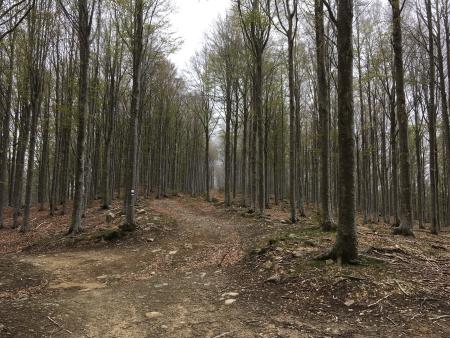Image:

Objective:
| In the Modenese Apennine (Italy), since the interest towards traditional forest products (as firewood) is declining, also the active forest management is strongly decreasing, especially in marginal areas. In the Taro Valley, the decreased forest management is compromising the conditions required for the development of Boletus mushrooms, a product consumed and appreciated by the local population for centuries. Therefore, there is a need to find mechanisms to re-activate forest management in the area and restore the favorable environmental conditions for the development of this mushroom. |
Start/end date:
Context:
|
The Borgotaro Consortium was created in 1957 in order to manage the rights of local inhabitants to graze, to harvest fuelwood and to pick wild mushrooms. In 1996 the Borgotaro Mushroom has been awarded the P.G.I. (Protected Geographic Indication). A problem that rose with P.G.I. certification has been the growing demand for certified mushrooms, not satisfiable by the natural wild production. Indeed, the gradual abandonment of forest activities has contributed to reduce the natural production of mushroom. Furthermore, the P.G.I. certification was not able to bring benefits to all local mushroom stakeholders. |
Contacts:
| Antonio Mortali, mortali@comunalie.com, https://www.comunalie.com/ |
Further information:
| https://www.fungodiborgotaro.com/ |